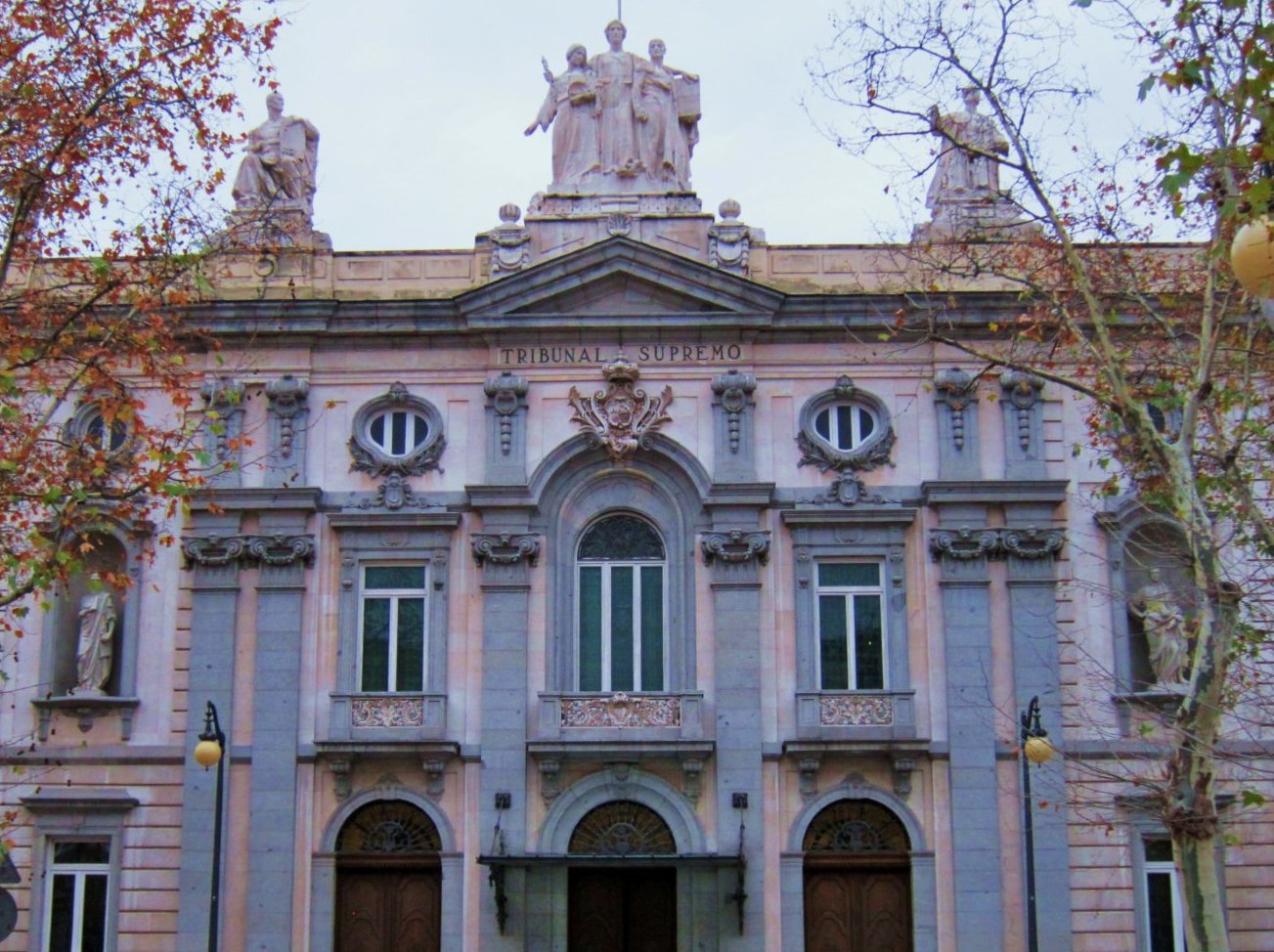
(TibetanReview.net, Apr24, 2015) – In a big respite to China and some of its top retired leaders, the Supreme Court of Spain on Apr 22 upheld the dismissals of two judicial investigations into crime-against-humanity allegations in occupied Tibet, reported elpais.com Apr 22. Under diplomatic pressure from China, Spain had amended its universal justice law to almost totally deny its courts the power to try such cases, leading to both the cases being dismissed and to appeals against the dismissals.
The amendment carried out by parliament with the support only of the majority ruling party was strongly criticized both domestically and internationally but applauded by the Chinese government.
The report said the Supreme Court’s decision definitively shelved the inquiries, which were opened in 2006 by Spain’s High Court under the universal jurisdiction doctrine after human rights organizations and a Spanish national filed lawsuits against former top officials in China for alleged genocide in Tibet.
The cases received international attention in Feb 2014 when High Court Judge Ismael Moreno issued arrest warrants for former President Jiang Zemin, 88; former Premier Li Peng, 86; and other Chinese Communist Party members on genocide charges. Former President Hu Jintao was also indicted earlier and on course to be subjected to an arrest warrant.
China, which holds about 20 percent of Spain’s foreign debt, reacted angrily to the arrest warrants, saying it will affect bilateral relations. Pressure from Beijing compelled the government of Prime Minister Mariano Rajoy last year to change the law to limit the judiciary’s powers to investigate human rights abuse cases in other countries.
The Supreme Court has now said the High Court was correct in dismissing the two cases after the law was changed to halt the persecution of the Chinese leaders for their genocidal policies and action in occupied Tibet.
Under the new, severely curtailed law, Spanish judges can only apply the universal justice doctrine if the accused is Spanish or a foreigner who frequently resides in Spain, or is currently in the country and Spanish authorities have refused to allow his or her extradition.



Great move and may justice be delivered on time and rightfully